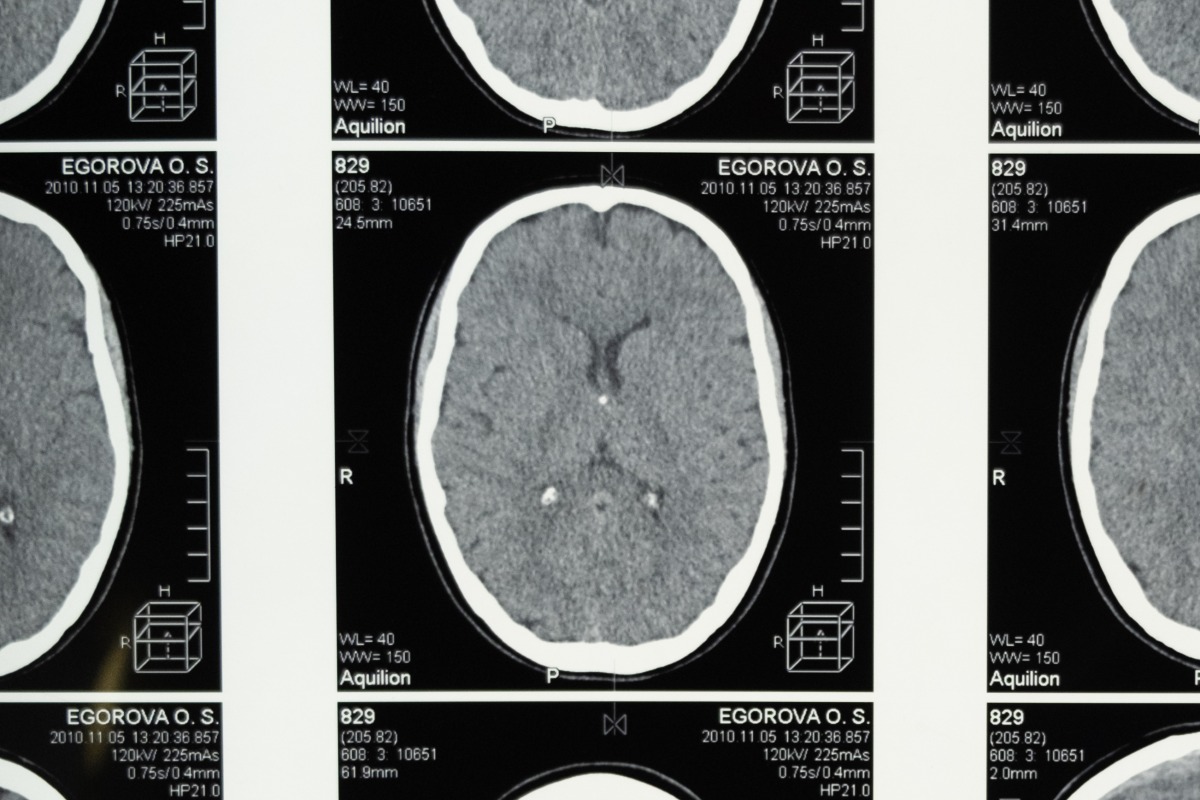
We never know when a traumatic event might strike. It might occur just one time or regularly. The variety of experiences that can lead to trauma is limitless. Because of this variety, it is often difficult to admit that we have experienced a traumatic event.
One of our first inclinations may be to ignore trauma altogether and tell ourselves we’re “fine.” Unfortunately, trauma isn’t something that can be willed away. Regardless of our desire to be okay, the roots of trauma dig much deeper into our psyche. Understanding how trauma develops in us can help us better understand why we’re reacting to stimuli in ways that are outside usual expectations and, more importantly, guide us toward the treatment we deserve.
How Trauma Starts
Everyone perceives and responds to traumatic situations differently. According to “Trauma Informed Care In Behavioral Health Services,” “Initial reactions to trauma can include exhaustion, confusion, sadness, anxiety, agitation, numbness, dissociation, confusion, physical arousal, and blunted affect.” The article also shows that people respond more often to an event with a seemingly untouched resilience.
Often, there are delayed responses to trauma. Over time, one who experiences trauma can feel fatigued or depressed without understanding why they are suddenly so tired and sad. A common long-term effect of trauma is anxiety derived from flashbacks or external stimuli. This anxiety may lead to difficulty performing daily tasks or maintaining relationships.
In addition, nightmares and sleeplessness may suddenly occur more often. These experiences can cause additional exhaustion or night terrors that can severely inhibit productivity during the day. All of these feelings and side effects can take place at any time after a traumatic event. While the statistics point to symptoms occurring an average of three months after a traumatic event, they can occur much later. Someone who thinks they are fine in the beginning may not yet know the total scope of trauma’s control over them.
According to studies, eight out of every 100 people may experience post-traumatic stress disorder (PTSD) in their lifetime. Some may respond with immediate symptoms of PTSD, thereby giving a clear indication to others that treatment is needed.
Why Treatment Is the Next Step
Our brain can be one of our best friends. However, it doesn’t always do what is in our best interest. Often our brain’s immediate response to trauma is to cover it up as quickly as possible. It thinks that making us forget about it is the best way to handle something horrible. Unfortunately, this response doesn’t allow us to heal. It’s what leads us to feel unexplained anxiety, depression, or night terrors.
The trauma we have not healed from can impede our ability to grow in our lives. Fortunately, trauma can be treated. There are a variety of therapeutic modalities out there that can help us heal and recover from the trauma that has taken over our lives.
Unfortunately, trauma is something that can happen to all of us. How we respond may seem out of our control at first, but there is no reason we have to live with it for the rest of our lives. If you or someone you know has experienced trauma, treatment is out there that can help. The Guest House specializes in treating trauma and can provide you with the tools you need to heal. Please call (855) 483-7800 for more information.